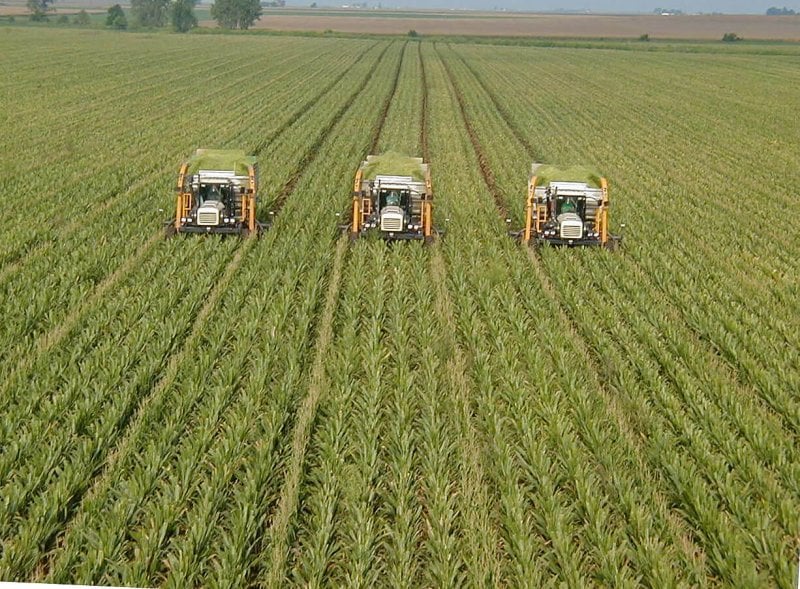How we farm can guard against climate change and protect critical wildlife — but only if we leave single-crop farms in the dust, according to a new Stanford study.
The research provides a rare, long-term look at how farming practices affect bird biodiversity in Costa Rica. “Farms that are good for birds are also good for other species,” said Jeffrey Smith, a graduate student in the department of biology and a co-author on the paper. “We can use birds as natural guides to help us design better agricultural systems.”
By and large, the team found that diversified farms are more stable in the number of birds they support, provide a more secure habitat for those birds and shield against the impacts of climate change much more effectively than single-crop farms.
…
The findings, published in …. the journal Nature, highlight the importance of farms that grow multiple crops in a mixed setting instead of the more common practice of planting single-crop “monocultures.”
“This study shows that climate change has already been impacting wildlife communities, continues to do so, and that local farming practices really matter in protecting biodiversity and building climate resilience,” said Nick Hendershot, a graduate student in the department of biology and lead author on the study.
Tropical regions are some of the most species-rich in the world, but they also face the greatest threats to biodiversity. As their forests are felled to plant cash crops like bananas and sugarcane, the amount and availability of natural habitats have shrunk dramatically. Meanwhile, climate change has resulted in longer, hotter dry seasons that make species survival even more challenging.
…
In Costa Rica and around the world, the researchers see opportunities to develop integrated, diversified agricultural systems that promote not only crop productivity and livelihood security, but also biodiversity. A paradigm shift towards global agricultural systems could help human and wildlife communities adapt to a changing climate ….































